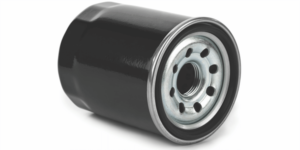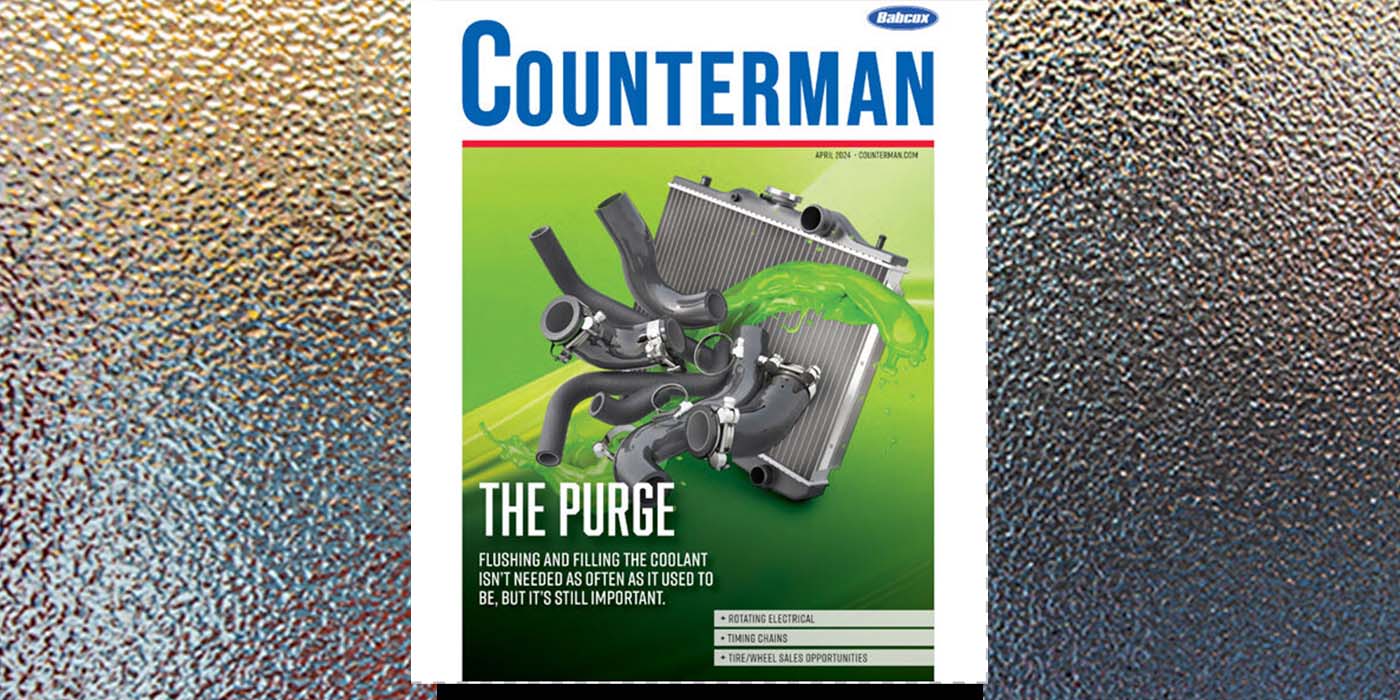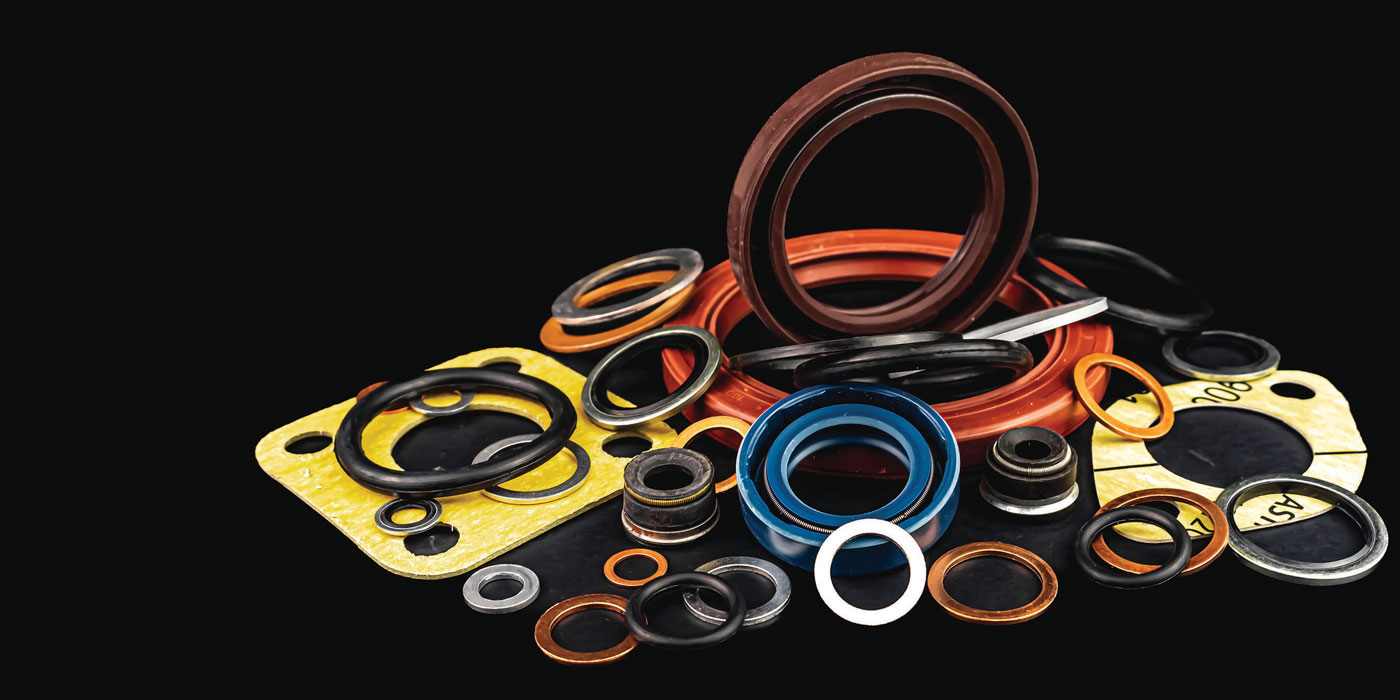 Most motorists are aware of the importance of changing filters. Filters protect the engine and fuel system from dirt and abrasive particles that can cause damage. The main filters are air, cabin air, oil, fuel and transmission. Except for the last two, most vehicles have a recommended service interval for changing the filters. Fuel filter replacement is pretty much a thing of the past except on older vehicles that have in-line fuel filters, and diesels that have an in-line filter to protect the injectors from water and rust that might be present in the fuel system. Most late-model vehicles have a high capacity “lifetime” fuel filter inside the fuel tank as part of the fuel pump module assembly. In this case, “lifetime” means until the filter plugs up – which under normal use should be 100,000 miles or more. Even so, these lifetime filters may die prematurely if the fuel tank is contaminated with dirty fuel or rust inside the tank. Even plastic tanks can deteriorate over time, shedding plastic particles that may plug up the filter. Fuel filtration is essential for both gasoline port and direct injection systems, and diesel injection systems, because the tolerances inside the injectors are extremely tight (a few microns in many instances). If any dirt or debris gets past the filter, it may clog the injectors or prevent the solenoid valves inside the injectors from fully seating, causing the injectors to dribble fuel. Most automatic transmission filters nowadays also are “lifetime” filters that require no periodic maintenance. For older transmissions that do have recommended fluid and filter service intervals, the filter should be replaced when the fluid is changed. A fluid exchange alone will not clean the filter. A customer who is replacing a transmission filter also will need a new transmission pan gasket (using RTV to seal the pan is not recommended). As for engine air filters, recommended replacement intervals can range from 30,000 to 60,000 miles or more. A few even have replacement intervals of 100,000 miles. The fact is, the life of any air filter depends on the operating environment, dirt exposure and the holding capacity of the filter itself. Driving on dusty gravel roads will clog most air filters rather quickly. The filter might need changing in 6,000 to 10,000 miles or less under these conditions. Ditto for a vehicle that is driven in a desert climate where sand storms often occur. The recommendation for changing cabin air filters is typically every two years or 30,000 miles for dust filters, or yearly or 12,000 miles for combination odor/dust filters. The activated charcoal layer in an odor absorbing filter has a limited service life. Many motorists are still unaware of cabin air filters and have no idea if their vehicle has one or not, let alone when the last time was it might have been changed. Some cabin air filters in vehicles have never been chanced. Replacing the cabin air filter is important because it filters air entering the heating and A/C system. If the filter becomes clogged with debris, it can restrict airflow through the HVAC unit reducing heater, A/C and defroster output. It also may become a welcome mat for bacteria and odor-causing microbes, which may create an unhealthy environment inside the vehicle. Oil filters should always be replaced when the oil is changed. Service intervals will vary depending on the application and how the vehicle is driven. If a vehicle has extended service intervals of 7,500 miles or more, it is important to use a premium long-life filter and high-quality synthetic or semi-synthetic motor oil so the oil and filter can go the distance. CM
Most motorists are aware of the importance of changing filters. Filters protect the engine and fuel system from dirt and abrasive particles that can cause damage. The main filters are air, cabin air, oil, fuel and transmission. Except for the last two, most vehicles have a recommended service interval for changing the filters. Fuel filter replacement is pretty much a thing of the past except on older vehicles that have in-line fuel filters, and diesels that have an in-line filter to protect the injectors from water and rust that might be present in the fuel system. Most late-model vehicles have a high capacity “lifetime” fuel filter inside the fuel tank as part of the fuel pump module assembly. In this case, “lifetime” means until the filter plugs up – which under normal use should be 100,000 miles or more. Even so, these lifetime filters may die prematurely if the fuel tank is contaminated with dirty fuel or rust inside the tank. Even plastic tanks can deteriorate over time, shedding plastic particles that may plug up the filter. Fuel filtration is essential for both gasoline port and direct injection systems, and diesel injection systems, because the tolerances inside the injectors are extremely tight (a few microns in many instances). If any dirt or debris gets past the filter, it may clog the injectors or prevent the solenoid valves inside the injectors from fully seating, causing the injectors to dribble fuel. Most automatic transmission filters nowadays also are “lifetime” filters that require no periodic maintenance. For older transmissions that do have recommended fluid and filter service intervals, the filter should be replaced when the fluid is changed. A fluid exchange alone will not clean the filter. A customer who is replacing a transmission filter also will need a new transmission pan gasket (using RTV to seal the pan is not recommended). As for engine air filters, recommended replacement intervals can range from 30,000 to 60,000 miles or more. A few even have replacement intervals of 100,000 miles. The fact is, the life of any air filter depends on the operating environment, dirt exposure and the holding capacity of the filter itself. Driving on dusty gravel roads will clog most air filters rather quickly. The filter might need changing in 6,000 to 10,000 miles or less under these conditions. Ditto for a vehicle that is driven in a desert climate where sand storms often occur. The recommendation for changing cabin air filters is typically every two years or 30,000 miles for dust filters, or yearly or 12,000 miles for combination odor/dust filters. The activated charcoal layer in an odor absorbing filter has a limited service life. Many motorists are still unaware of cabin air filters and have no idea if their vehicle has one or not, let alone when the last time was it might have been changed. Some cabin air filters in vehicles have never been chanced. Replacing the cabin air filter is important because it filters air entering the heating and A/C system. If the filter becomes clogged with debris, it can restrict airflow through the HVAC unit reducing heater, A/C and defroster output. It also may become a welcome mat for bacteria and odor-causing microbes, which may create an unhealthy environment inside the vehicle. Oil filters should always be replaced when the oil is changed. Service intervals will vary depending on the application and how the vehicle is driven. If a vehicle has extended service intervals of 7,500 miles or more, it is important to use a premium long-life filter and high-quality synthetic or semi-synthetic motor oil so the oil and filter can go the distance. CM








